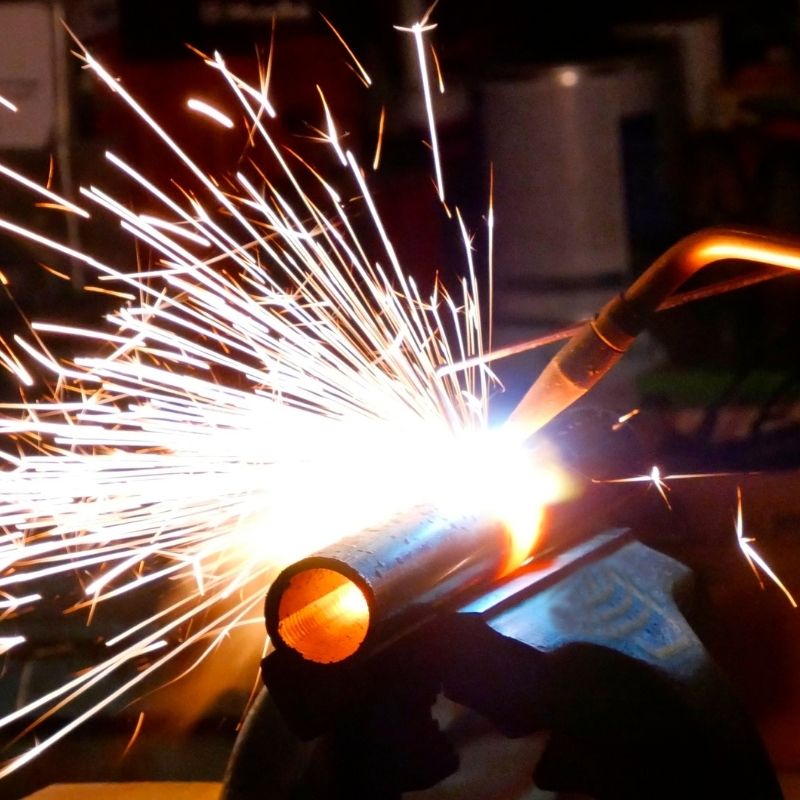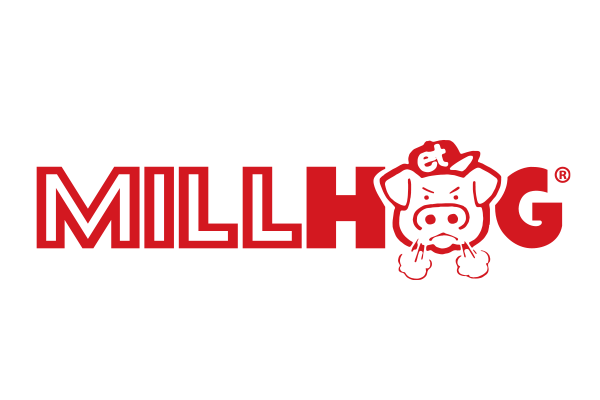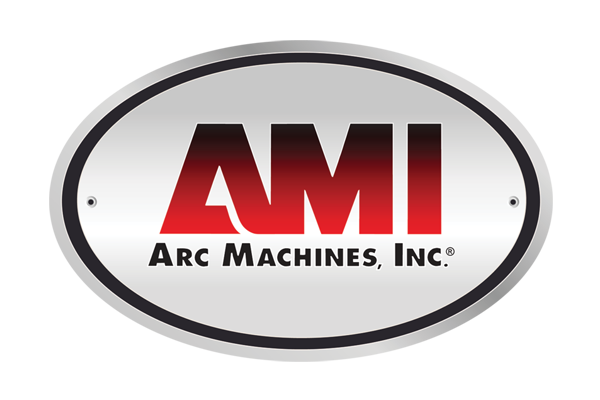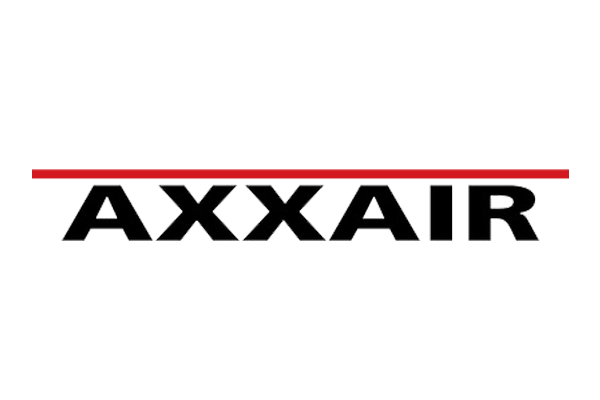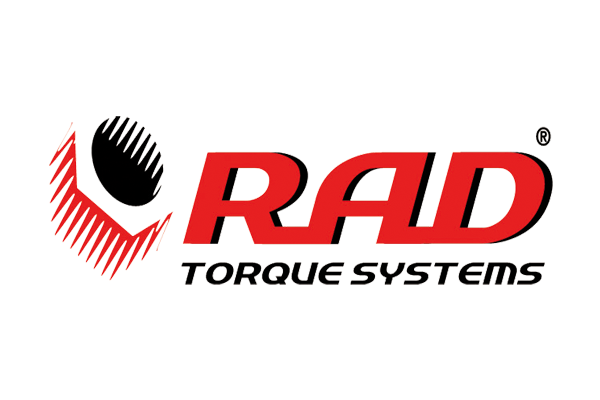Why Welding Parameters Are Crucial for High-Quality Welds
Welding, as we know, is a process that involves heating two or more metal pieces to their melting point, then letting them cool and join together. It’s a critical manufacturing process used in many industries, such as construction, automotive, aerospace, and others. However, not all welding quality is equal.
Welding quality depends on several factors. Weld parameters are one of the most important factors contributing to quality welds. Let’s discuss why welding parameters are crucial in achieving high-quality welds.
What Are Welding Parameters?
Welding parameters refer to variables that must be set correctly to achieve optimal results when welding two metals. These variables include the type of welding process, the welding current, voltage, electrode size, electrode angle, and travel speed. Each type of welding process requires unique parameters that must be set accordingly based on the metal thickness and the type of joint being created.
Why Are Welding Parameters Crucial?
Correct welding parameters ensure that the metal being welded is heated to the right temperature and that the welding arc has the appropriate energy to produce high-quality welds. If the welding parameters are not set correctly, it can lead to several defects in the weld, such as cracks, porosity, uneven bead shapes, and even complete failure of the weld joint. Subsequently, these defects can compromise the integrity of the product, affecting its safety and durability.
Factors Affecting Welding Parameters
Several factors can affect the welding parameters while welding. Among these are:
- material composition
- thickness
- joint design geometry
- position
- welding type
All these factors must be evaluated, and the appropriate parameters set accordingly to ensure quality welds. Welding parameters must always be adhered to stringently concerning welding safety controls.
Training of Welders
One of the most crucial aspects of welding is the welder’s skill. Welders must have adequate training and experience to use the correct welding parameters to achieve high-quality welds. They must also be trained to identify an unsuccessful weld and correct it; this is known as post-weld heat treatment (PWHT). It’s not enough to know about the right parameters—the welder must also know when and how to adjust them to suit the specific needs of the welding project.
Welding parameters are of utmost importance when it comes to welding quality. They play a significant role in ensuring the welded metal product meets their specified standards. Correct welding parameters lead to high-quality welds and eliminate defects such as porosity, cracks, and uneven bead shapes. Training welders to appropriately correct welding parameters is crucial to producing quality welds. For this reason, welders must have access to the correct equipment and training in welding parameters that match the requirements of a welding project.
SEC Industrial offers automated pipe spool welding, guaranteeing consistent welding parameters and high-quality welds every time. Our skilled and trained welders ensure that the welding parameters are correctly set and adjusted to produce top-notch results. With us, you can be confident that your welded product will meet all specifications and safety standards and surpass your quality expectations. Contact us today for more information about our welding services.
